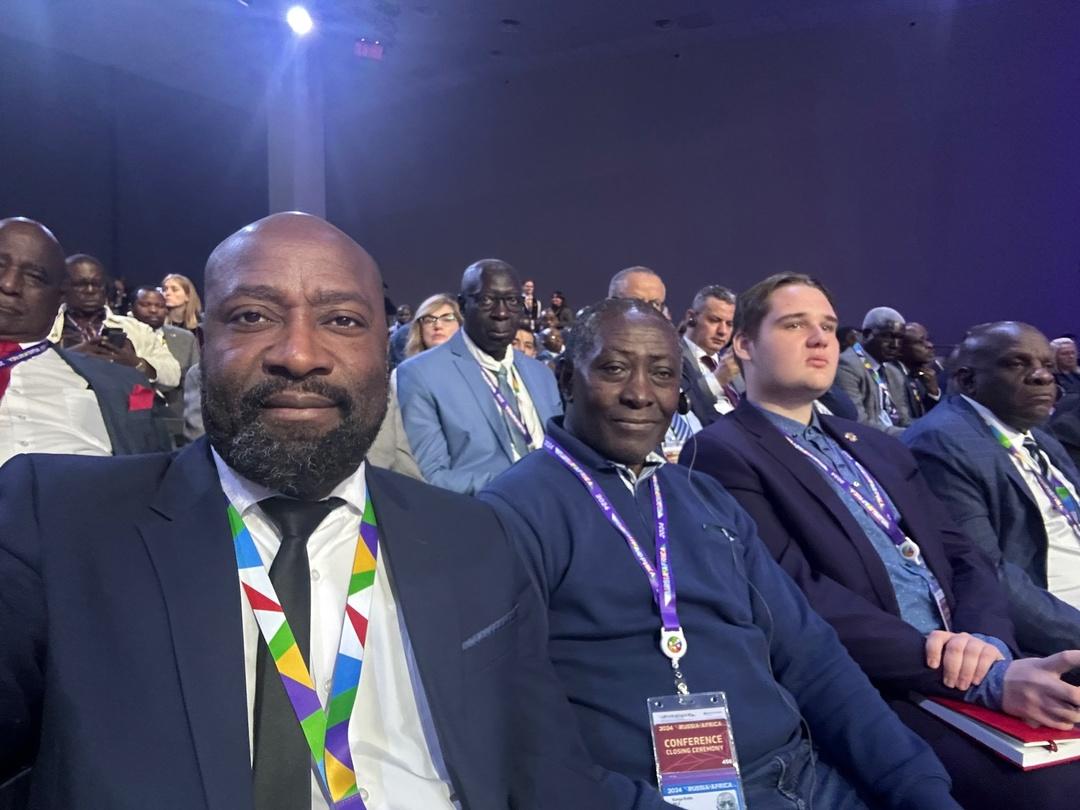A look at Africa’s Gio people who never allowed children to live with their fathers

History cannot discuss the Gio people located in northeastern Liberia and Ivory Coast without mentioning their warfare, having been a pain in the butt of the Liberian government.
Migrating from present-day Guinea and Mali into their current locations in the mountainous west-central Ivory Coast and adjacent areas of Liberia, the Gio or the Dan fought with their neighbors in their new homes for many years.
Later, with their Mande-speaking neighbors, they invaded the coastal region, where an account states that they replaced some of the Atlantic tribes and pushed back the Kru.
Right after Liberia became a sovereign state in 1847, the new government started appeasing the Gio and other warring groups and by the early 1900s, peace had been established.
Today, the Gio or the Yacouba, who are mostly farmers growing crops such as rice, cassava, sweet potatoes, cocoa, coffee, and rubber, can be found in villages divided into quarters. Each quarter houses an extended family or lineage headed by a “quarter chief.”
Previously, the Gio, now numbering about 700,000, had small, single-room huts made of mud and thatch. In each household, a man’s wife had her own hut where her children lived until they were mature enough to move out. Some accounts even state that children never lived with their fathers. But a lot has changed among the Gio, as houses have become larger with more rooms.
Thus, wives in a polygamous marriage do not necessarily live in separate homes today as they are now found in the same home as the husband.
Note also that though “quarter chiefs” have powers over an extended family, it is the town or village chief who has authority over a whole village, working in consultation with the council of elders. It is these same elders who oversee the “secret society,” a society that marks boys’ initiation into manhood. This society guides the boys as they come up against what the Gio describe as “the mysteries of the spirit world.”
Essentially, the Gio, also famed for their art and ritual masks, which they stress have supernatural powers, do believe in a supreme god but do not worship it. Rather, they worship a spiritual power called Du which acts as a mediator between the people and the supreme god.
In effect, the Gio in a report by Discover African Art “believe the world is divided into two realms; the human realm, surrounded by the village and people, and the spirit realm, residing in the forest encompassed by spirits and wild animals.
“The forest is considered sacred, only after saying a prayer while wearing specific special materials, can one cross into the spirit world.”
And of course, their spiritually charged masks are often used as a bearer of these objects.
Source: face2faceafrica.com





